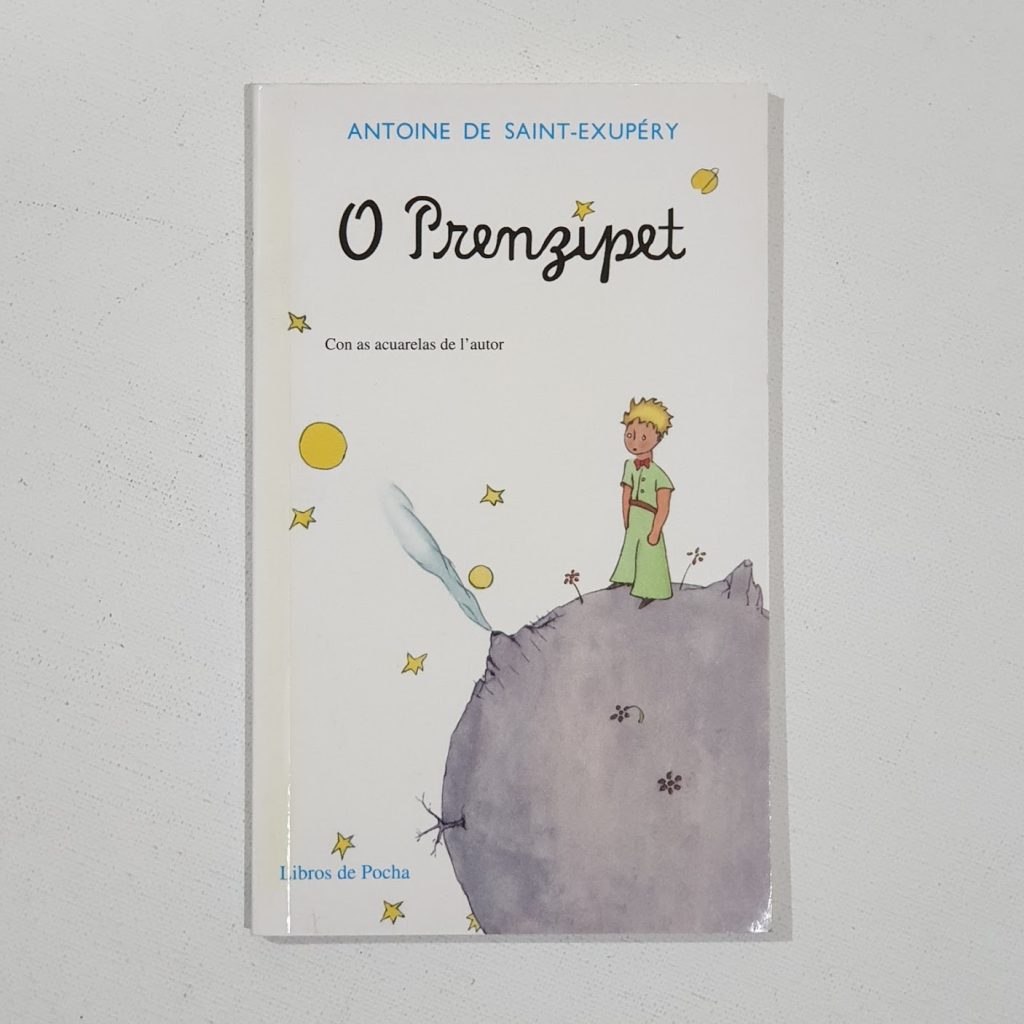
O Prenzipet — in Aragonese.
The Aragonese language, known natively as aragonés or fabla, is a Romance language spoken in scattered valleys and rural communities of the Aragonese Pyrenees, in northeastern Spain. Often overlooked in broader narratives of Iberian linguistics, Aragonese is the direct descendant of medieval Navarro-Aragonese, the language of the once-powerful Kingdom of Aragon, which played a central role in the Reconquista and Mediterranean expansion. In the Middle Ages, Aragonese was used in law, administration, and literature, rivalling early Castilian. Yet over time, as political power shifted and Castilian Spanish became dominant, Aragonese was gradually pushed back into the mountains—preserved in isolation by shepherds, farmers, and villagers in the remote highlands of Huesca province.
Linguistically, Aragonese forms part of the Western Romance group and is closely related to both Catalan and Castilian, sharing many features with them while maintaining unique traits—such as its characteristic definite articles (lo, la, os, as), vowel system, and conservative Latin roots. Though once part of a continuum with early Catalan and Occitan, it developed independently under distinct historical conditions. Today, it survives in several local varieties, including Chistabino, Ansotano, and Sobrarbés, each reflecting the specific heritage of the valleys where they are spoken.
Culturally, Aragonese is deeply tied to the rural life and traditions of the Pyrenees. It is the language of age-old festivals, seasonal farming rituals, oral storytelling, and mountain songs—forms of expression that carry centuries of accumulated knowledge, folklore, and communal values. The speaking communities, although small, are fiercely protective of their linguistic identity, seeing it not only as a cultural treasure but as a living part of who they are. Aragonese is still heard in family gatherings, local poetry, theatre, and increasingly in educational and digital initiatives supported by grassroots associations and regional institutions.
In relation to other languages of Spain, Aragonese stands in sharp contrast to more robustly supported languages like Catalan, Basque, or Galician, which benefit from greater legal protection and institutional use. Despite being officially recognised as a language of Aragon, Aragonese lacks strong legal safeguards, and the number of fluent speakers is limited—estimated in the low thousands. Still, it has seen a modest revival in recent decades, driven by language activists, scholars, and educators committed to preserving its legacy.


